Pigweed and Crowhill drink and review two beers from Springfield Manor Brewery, then discuss the disappointing results of the 2022 midterm elections.
The proverb says “Hope deferred makes the heart sick,” and that’s certainly the case here.
What in the world happened to the Red Wave?
The modern Democratic Party has gone so far past the insane label that it’s hard to believe anybody would vote for them. But … apparently, a lot of people don’t feel that way.
Republicans severely under-delivered. Why?
Part of it was candidate quality. Some of the Republican candidates were not that great, and some of them were too Trumpy. Abortion also played a larger role in the vote than many polls predicted.
One lesson from the midterm election might be that the country wants normal, and both parties are offering crazy.
Despite the poor showing, there are some good things from the election. First, this might be the end of Stacey Abrams and Beta O’Rourke. Second, Democrats are losing their iron grip on blacks and Hispanics. Third, this might be the beginning of the end of Trump.

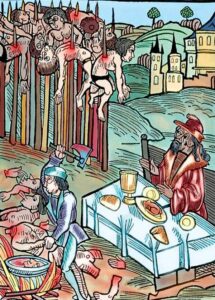 With special guest Longinus, P&C drink and review Bloodline, an IPA by Flying Dog, then discuss Vlad the Impaler and Dracula.
With special guest Longinus, P&C drink and review Bloodline, an IPA by Flying Dog, then discuss Vlad the Impaler and Dracula.  As part of their ongoing and popular “shortcut to the classics” series, Pigweed and Crowhill, with special guest Longinus, review Tell Tale Heart IPA, then discuss Poe’s life and works, including his connection to Baltimore, Maryland.
As part of their ongoing and popular “shortcut to the classics” series, Pigweed and Crowhill, with special guest Longinus, review Tell Tale Heart IPA, then discuss Poe’s life and works, including his connection to Baltimore, Maryland. 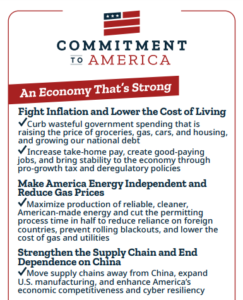 P&C drink and review yet another offering from the Pastryarchy — an Almond Brittle Imperial Stout — then discuss the Republican Party’s “Commitment to America.”
P&C drink and review yet another offering from the Pastryarchy — an Almond Brittle Imperial Stout — then discuss the Republican Party’s “Commitment to America.” 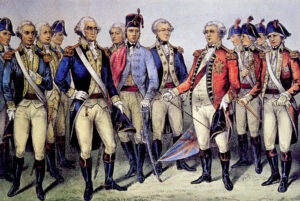 P&C review Kentucky Pumpkin Barrel Ale, then discuss the annual celebration of Yorktown Day.
P&C review Kentucky Pumpkin Barrel Ale, then discuss the annual celebration of Yorktown Day.  The boys take a break from beer and do The Vodka Challenge, in which they do a blind taste test between Titos, Skol, Smirnoff, and a mystery vodka.
The boys take a break from beer and do The Vodka Challenge, in which they do a blind taste test between Titos, Skol, Smirnoff, and a mystery vodka. 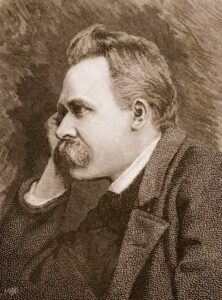 With special guest Longinus, P&C drink and review Warsteiner Dunkel, then discuss the philosophy of Nietzsche.
With special guest Longinus, P&C drink and review Warsteiner Dunkel, then discuss the philosophy of Nietzsche. 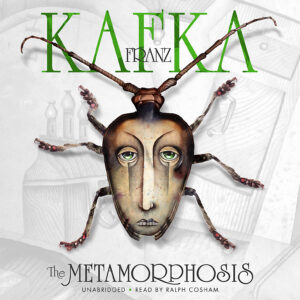 In this latest edition of “shortcut to the classics,” the boys drink and review
In this latest edition of “shortcut to the classics,” the boys drink and review  The boys drink and review
The boys drink and review